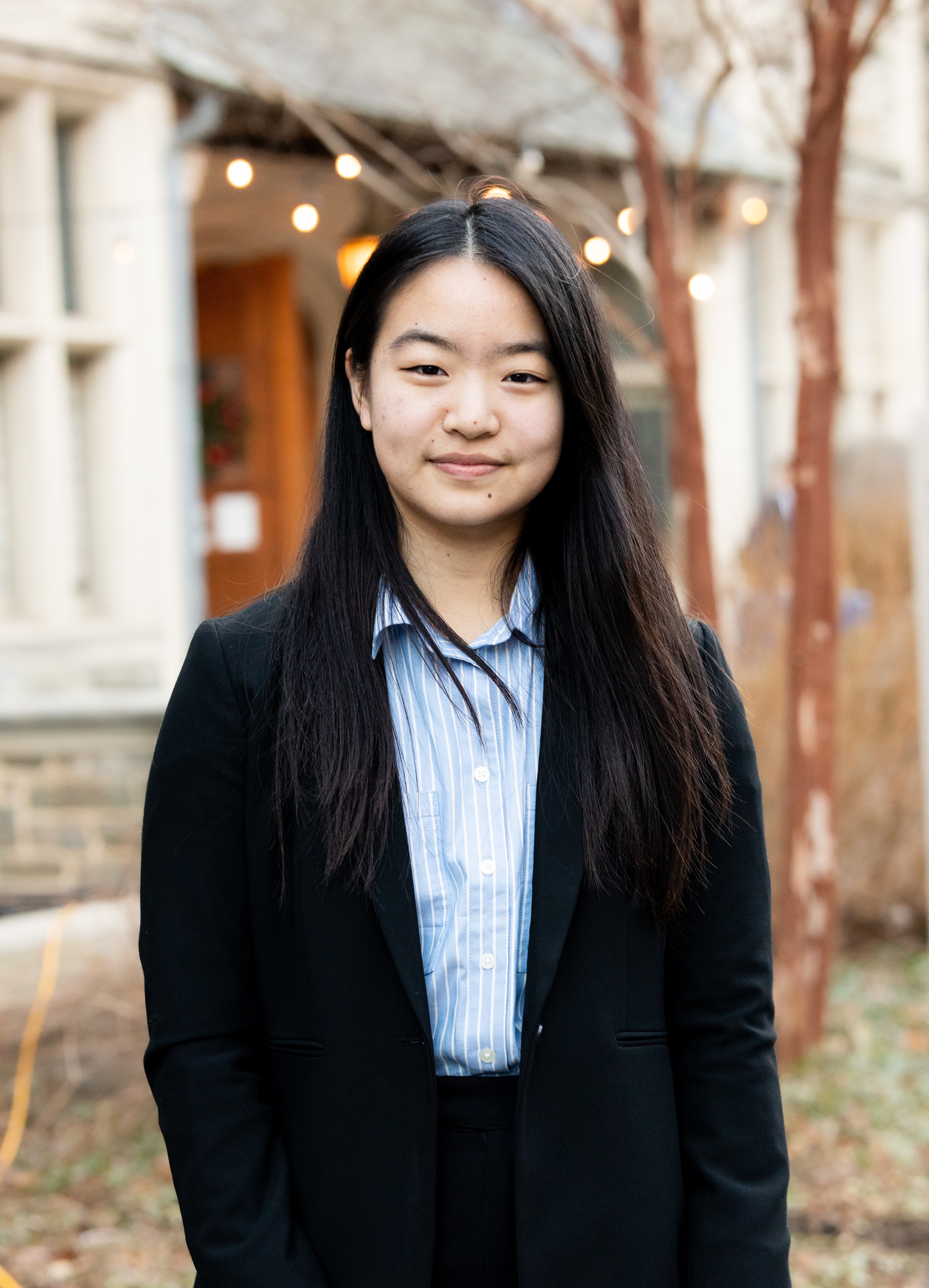Connect with hundreds of tutors like Susan
Who needs tutoring?
FEATURED BY
TUTORS FROM
- YaleUniversity
- PrincetonUniversity
- StanfordUniversity
- CornellUniversity

Susan
About Me
I am a graduate of William Woods College in Fulton, Missouri, with a major in Special Education. I hold a Missouri teaching certificate in the areas of Learning Disabled, Educable Mentally Retarded and Art K-9. After 32 years of teaching I have recently retired. While I have experience teaching all grade levels, I especially enjoy upper elementary, middle and high school ages. During my years teaching, I taught all academic subjects as well as life skills. Teaching reading, science and math are my passions. My teaching style is a cross between direct instruction and inquiry-based learning, which focuses on student investigation and hands-on learning. I use a strong phonics approach to reading. Education should teach basic knowledge, while fostering critical thinking, creativity, and interpersonal skills. It should spark curiosity and the imagination, instill a passion for lifelong learning and above all, it should be fun!. Being able to be a part of this experience is a great joy.
Education & Certifications
Q&A with Susan
Connect with a tutor like Susan
Connect with a tutor like Susan
Tutors with Similar Experience


